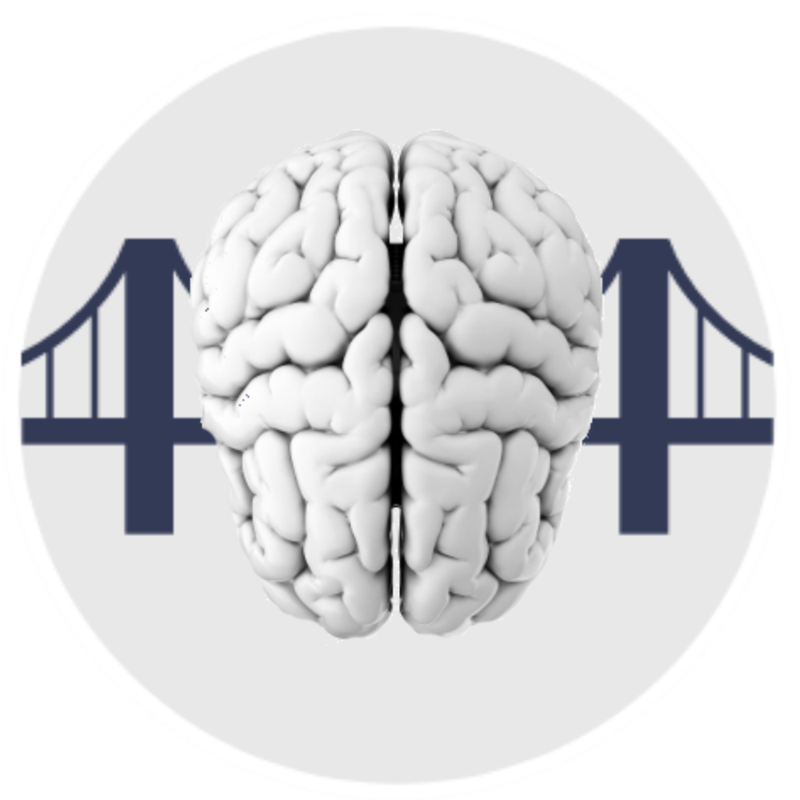NEW PRESENTATION: Improving the Brain’s Frontal Lobe Executive Functions for Higher Achievement: Science and Strategies
by Janet Zadina on 09/14/20
“Good frontal lobes, good life; bad frontal lobes, bad life” was something the neurologist head of our lab at Tulane University School of Medicine frequently said. The frontal lobes are often referred to as the “executive brain” because they perform higher level functions. Another apt metaphor is that the frontal lobes are the conductor of the brain’s orchestra.
As early as first grade, life outcomes can be predicted by the development or lack thereof of a critical frontal lobe skill. Frontal lobes are involved in working memory and attention – two critical skills that affect academic performance. Developing frontal lobe executive functions may be one of the most critical purposes of education from early childhood through college.
In this engaging and interactive presentation, attendees will learn the answers to the following questions:
1. How do frontal lobe executive functions affect the following?
a. Learning
b. Behaviors
c. Life Outcomes
2. What are the executive functions performed by the frontal lobes?
3. What does poor executive function look like in the classroom?
4. How do the frontal lobes affect working memory and what strategies can remediate that?
5. How do the frontal lobes affect attention and what is the number one strategy for improving that?
6. How can frontal lobes be developed and improved?
7. What are some strategies for developing them?
8. What is a strategy for developing metacognition?
9. What is cognitive load theory and how does it affect learning and performance?
10. What are strategies for reducing cognitive load and enhancing learning?
11. Can some people multitask better and what are the effects of multitasking?
12. How do you help students develop critical thinking?


